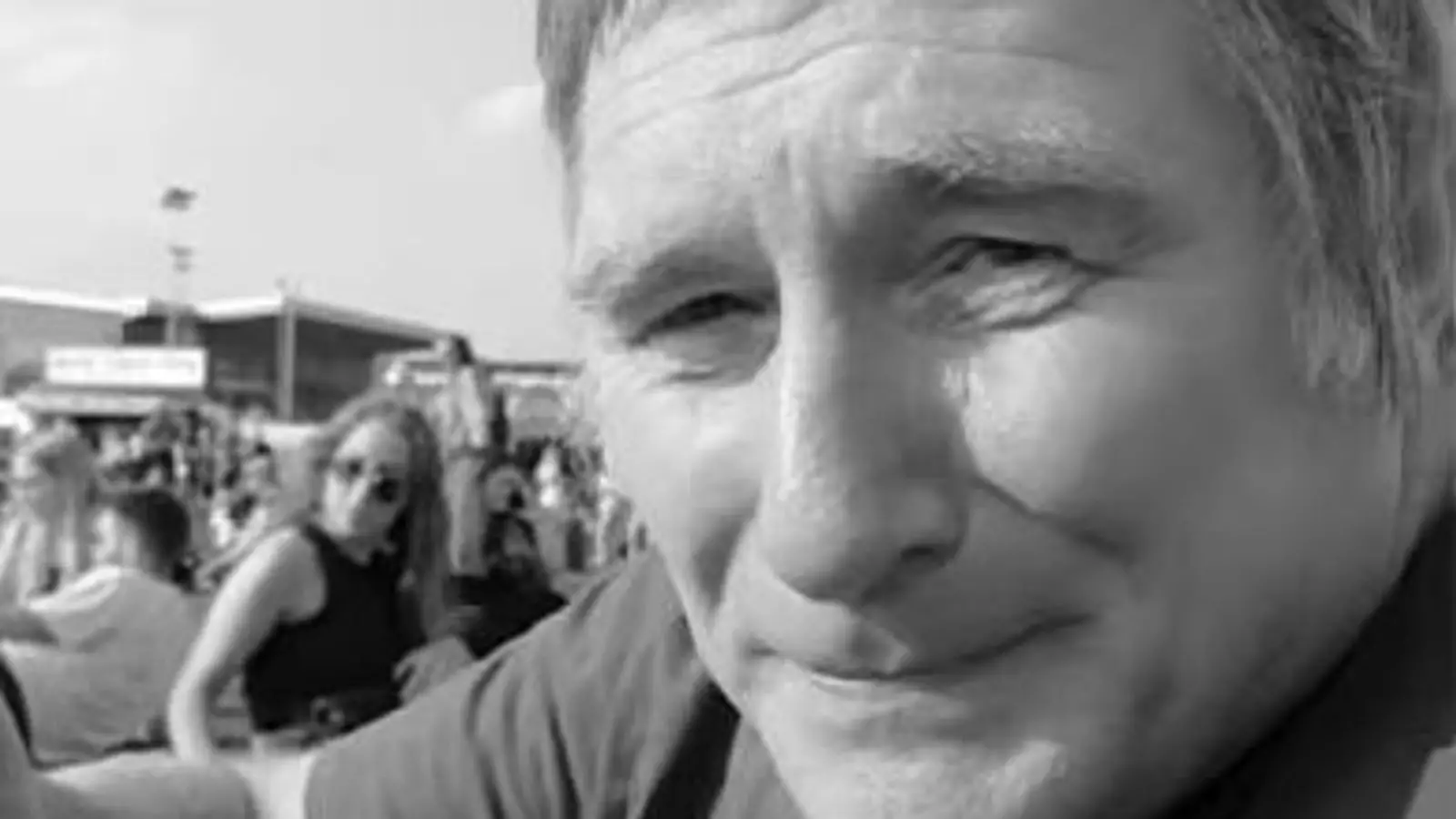On a seemingly ordinary Saturday, the sports arena turned somber as tragedy struck Hillsborough Stadium during a Championship match between Sheffield Wednesday and West Bromwich Albion. Mark Townsend, a 57-year-old West Brom season ticket holder, collapsed in the stands, leading to an urgent medical situation that unfolded in front of onlookers. This unfortunate incident demanded not only immediate medical attention but also placed a spotlight on the protocols in place for emergency responses at sporting events. As the details emerged, discussions surrounding the effectiveness and timeliness of the medical response sparked significant interest.
In the wake of Mr. Townsend’s death, Sheffield Wednesday Football Club faced scrutiny over the emergency response time. Criticism first stemmed from eyewitness accounts that reported delays in medical assistance. However, the club defended its actions, claiming that advanced paramedic care was present within just three minutes of the control room being alerted—a response time that is generally considered acceptable in emergency scenarios. They stated that the nearest steward had spotted the incident and raised the alarm, prompting an immediate reaction.
While the club confirmed the timeline of events, the complexity of emergency response during live sporting events comes to the forefront. The need for quick and efficient medical care is paramount, yet the reality often involves several parties—stewards, medical teams, and security personnel—each with their responsibilities and response protocols. Following a critical incident like this, thorough internal reviews are vital not only for accountability but to refine procedures and ensure that such tragedies are mitigated in the future.
As investigations proceeded, the focus shifted towards how the football community responded to the loss of Mr. Townsend. West Bromwich Albion hosted an emotional tribute in his honor during a subsequent match against Middlesbrough. Players donned black armbands, and fans participated in a poignant moment of applause during the 57th minute—symbolizing both a mark of respect and a recognition of the life lost. This act of unity underscores the sense of togetherness that sports can evoke, transcending the rivalries that typically define matchday encounters.
Mr. Townsend’s brother, Steve, shared sentiments on social media expressing gratitude for the warm reception from West Bromwich Albion, reinforcing the notion that amidst tragedy, communities can come together to celebrate life and offer support. The emotional landscape surrounding such events often showcases the deep connections that exist among supporters, illustrating that beyond the competition lies a shared humanity.
In light of this incident, significant questions arise regarding the adequacy of safety measures and medical readiness at sporting venues. The tragic passing of a fan serves as a grim reminder that while people come together for enjoyment during games, the potential for emergencies exists. The ongoing review process not only aims to uncover the specifics of Mr. Townsend’s treatment but also to drive changes that enhance medical preparedness in stadiums around the country.
Sheffield Wednesday has reaffirmed its commitment to engaging medical provisions beyond government-mandated guidelines, indicating proactive measures aimed at bolstering safety for all attendees. As the review unfolds, the hope is that its findings will lead to improved protocols, training for staff, and overall enhancements in the emergency medical landscape of sports venues.
The unfortunate occurrence at Hillsborough serves as a critical juncture for reflection on the importance of emergency response in sport. The balance between enjoying exhilarating matches and ensuring spectator safety continues to be an area deserving attention. While the heartfelt community tributes and emotional responses to Mr. Townsend’s death remind us of the human element in sports, they also cast light on the necessity for robust, agile emergency response measures. As the review progresses and findings are shared, it is imperative that clubs, authorities, and communities work together to create safer environments for all, ensuring that no fan’s seat remains empty without due cause. The challenge remains to transform a heartbreaking incident into meaningful progress for the future.


Leave a Reply